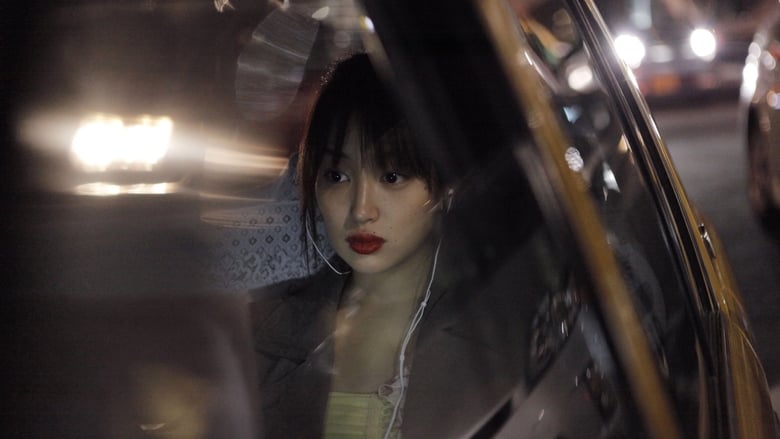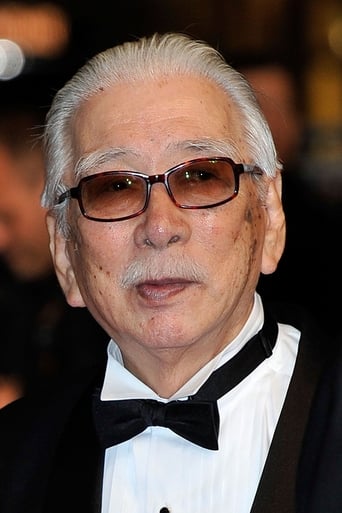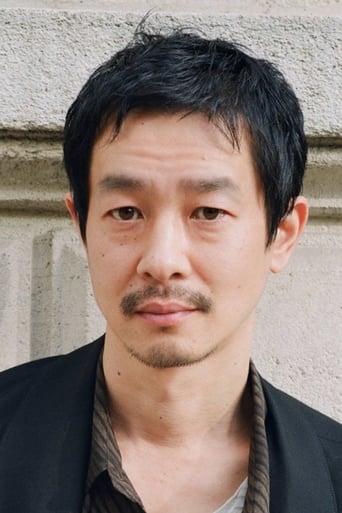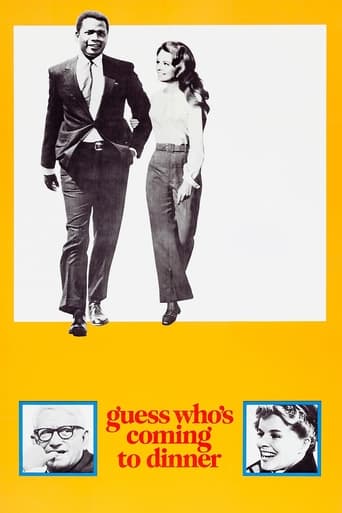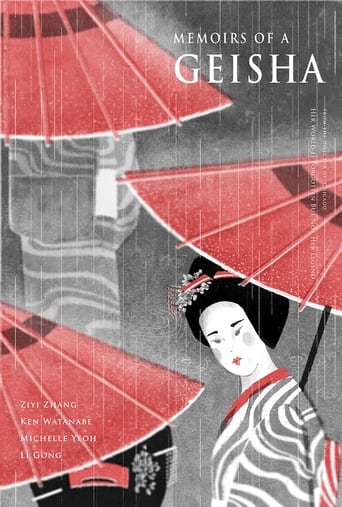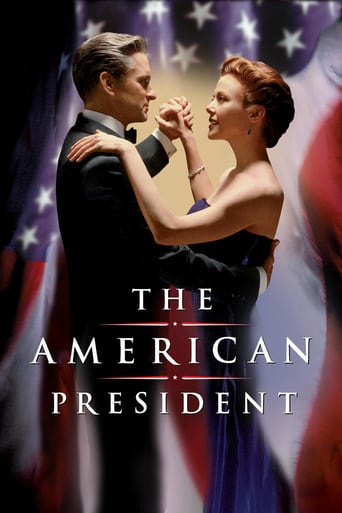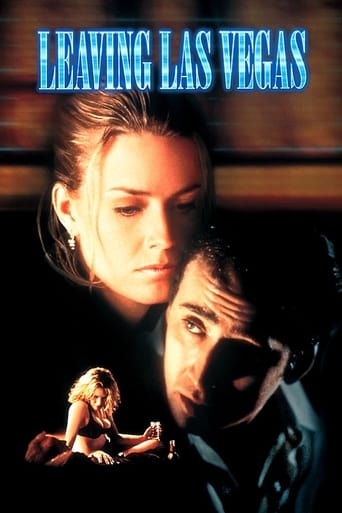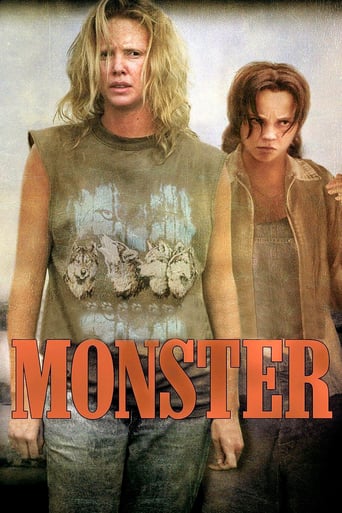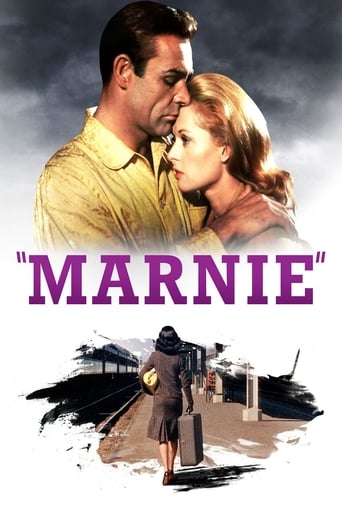Like Someone in Love (2013)
An old man and a young woman meet in Tokyo. She knows nothing about him, he thinks he knows her. He welcomes her into his home, she offers him her body. But the web that is woven between them in the space of twenty four hours bears no relation to the circumstances of their encounter.
Watch Trailer
Cast


Similar titles
Reviews
Touches You
The Worst Film Ever
The performances transcend the film's tropes, grounding it in characters that feel more complete than this subgenre often produces.
Actress is magnificent and exudes a hypnotic screen presence in this affecting drama.
Are you kidding me?????????People praising this film are definitely pretentious reviews. I really don't care if it's by a well known Iranian director; positive reviews seem to show bias towards that.I can tolerate slow films, but this really takes it to a whole new level. Just pointless and mundane dialogue. Absolutely no story at all and the ending is the most cheapest, laughable, abrupt ending ever. It's like all that time wasted being tortured watching this film, the ending is like being knocked out right in the face and then being spit on and laughed at. It's that awful. Nothing really happens in this film and 2 hours you are wasting time watching them walk from one side of the room to the other and come back, pick up the phone, or just driving or having pointless small talk - hell even the main character suddenly falls asleep during the film when he's driving! It's like he suddenly mimicked how the audience felt about the film. To think the movie couldn't get worse, towards the end we have to listen to this creepy crazy old lady looking out the window ramble on and on - basically the whole film involves really annoying scenes like that with pointless ramblings - and the ending... it's like the director/writer was like "ah, I can't think of anything to write... I'll just end the film here." I love Japan but this is not a real film. It's an absolute waste of your time. Poor writing, acting, cinematography... Seriously, watching paint dry is more exciting than this film. This film makes Sophia Coppola's "Lost In Translation" seem like a fast-paced action movie masterpiece. Fast forward button on your remote will become your new best friend when watching this film. (You'll also be eager to go for the Stop/Eject button too, but I actually sat through this torturous film)
Kiarostami in Japan, what bliss and promise! I'm always interested when foreign filmmakers film in Japan, how that worldview illuminates them. Chris Marker captured the most evocative coming and going of things in Sans Soleil, on the flipside for me is Wenders who completely misses Zen in his film about Ozu, mistaking emptiness for modern lack. Coppola's is merely passable for my taste.But Kiarostami is not merely drawn to images, his whole world conveys a Persian Zen of sorts—his Wind was the most clear, all about finding meaning in things and their cyclical drift being what they are. Certified Copy added more story, but the fact remained of his being the most essentially Buddhist filmmaker in the West since Antonioni, drawing up the same realizations about self and time.So what does he find here, what illumination?There are three main implications woven together, all derived from a Buddhist view; the transience of things, with people coming and going at the bar before the girl, the taxi drive with Tokyo nightlife fleeing past, circling around the grandmother but driving on without stopping; illusory self, we are not sure at first who the girl or the old man are, no fixed roles but two people in each other's company, the resemblance to the girls in the painting and photograph, the old man posing as the grandfather later in the car and her flyer that comes up, all pointing to the fluidity of self; ignorance born from desire in the fiancé with his phonecalls and later showing up on the door.Kiarostami captures the essence of Buddhism, not interpreting themes but unearthing the visual flow from ordinary life. He films the air of anticipation, the cautious exchange. True to Japan, he films the drama with no needless suffering, as awareness, with that faint melancholy they know over there as mono no aware, which comes from a notion of time where things are not inevitable as we understand in the West when we talk about fate, nor could they be anything else than what's before the eyes.What will be will be, says the old man who poses as the grandfather to both protect the girl and conceal his misdeed. We have this wonderful ambiguity all through the thing. There is no problem of evil see in Buddhism and Kiarostami's cinema alike. No moral blame in that the girl does what she does to go through college and ignores her grandma, or that the old man desired the company of someone like her that night or even that he lies about being the grandfather.But when what will be is finally at hand and the old man looks confused and foolish as he faces a beating, what's the good of all the philosophizing then? But that's when Kiarostami abandons the story, probably thinking he has evoked enough and we should mull over the rest. I consider this a real miss, a poor ending. We don't need any concrete answer of course. It's just that ending it at that point in the story, with the karmic noise but not the echo back into life, we forget all about the girl, the sweet fragile self who is not the dolled-up face in the flyer, we forget about the waiting grandmother, it's all cleaved away from the film.
This is sooooo extremely boring movie that I want swear!!! Scenes are pathetic. Girl is looking by the car window. She's looking, looking, looooking... and looking. Granddad is driving, driving, driving and ooo he reached destination after 4 minutes of drive without single world. Other one. Granddad is going out, he is opening the door, we see he is on third floor, going down, he is on on second floor now, down further, first floor and what next? Yuppie he's out! Such a incredible sophisticated scene. There is more such a pearls in this masterpiece. Waste of time! Waste of budget!!! Waste of time! Waste of budget!!! Waste of time! Waste of budget!!!
Like Someone in Love (2012) is a Japanese movie written and directed by the great Iranian filmmaker Abbas Kiarostami. Kiarostami brings his quiet, thoughtful style to a culture that is surely very alien to him. Japanese viewers may note cultural errors in the movie. My thought is that Kiarostami can look beyond cultural differences to universal themes.The movie, set in Tokyo, stars Rin Takanashi as Akiko, a young provincial woman who is a call girl. (She doesn't walk the streets. She works out of a bar, whose owner arranges the sessions at people's homes.) As the movie opens Akiko is facing two immediate problems. Her jealous boyfriend is on the phone, demanding to know where she is. Akiko is a college student, and her boyfriend is aware of that. He doesn't know that she's a prostitute, but he can sense that something isn't right, and he suspects her of cheating.Akiko's grandmother is visiting Tokyo that day, and desperately wants to see Akiko. Akiko would love to meet with her, but the bar owner is adamant--she must go out on a call to an important client. The client is Professor Takashi Watanabe, played by Tadasi Okuno. Akiko has no choice but to ignore her grandmother and visit the professor's apartment.Prof. Watanabe is a gentle, lonely widower. He has prepared a special dinner for Akiko, and he's playing Western music. (It's Ella Fitzgerald singing "Like Someone in Love.") It's more like a seduction scene than a paid sexual encounter.Akiko spends the night at the professor's home, and he drives her to the university the next morning. It's at that point that the film takes a different turn, because Akiko's violent boyfriend confronts her on the university steps. All of this action takes place in the first third of the movie. In the remainder of the film, Kiarostami continues to explore this unusual and somewhat threatening love triangle. This interaction among three very different individuals provides a fascinating look into human relationships. Where these relationships will lead isn't always obvious or predictable. I enjoyed this intelligent, thought-provoking movie. It will work well on DVD. It's worth seeking out and watching.


